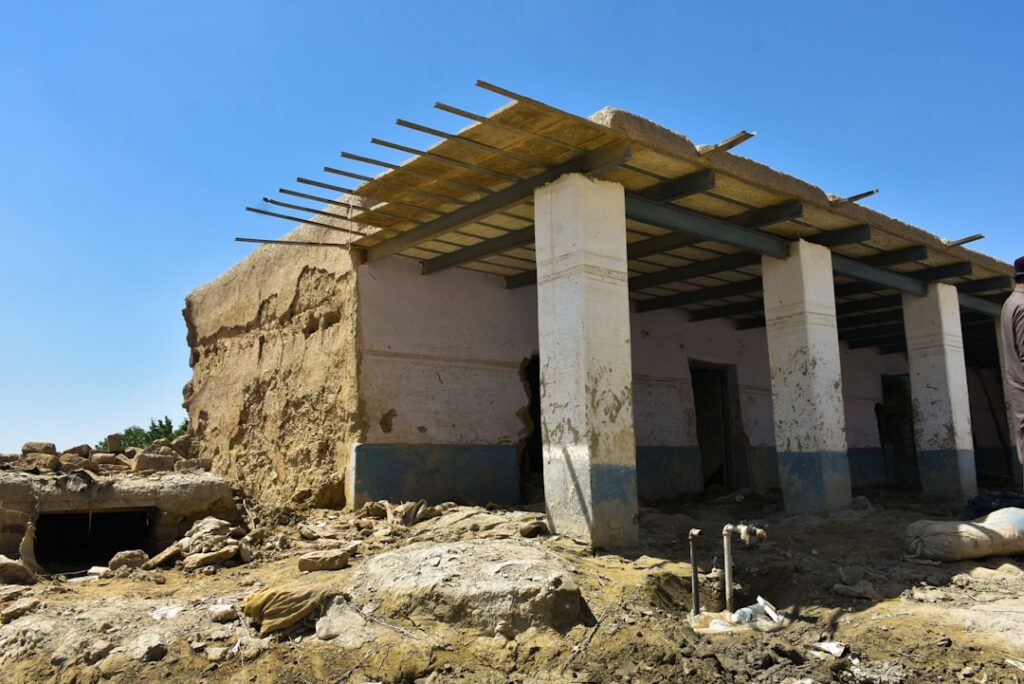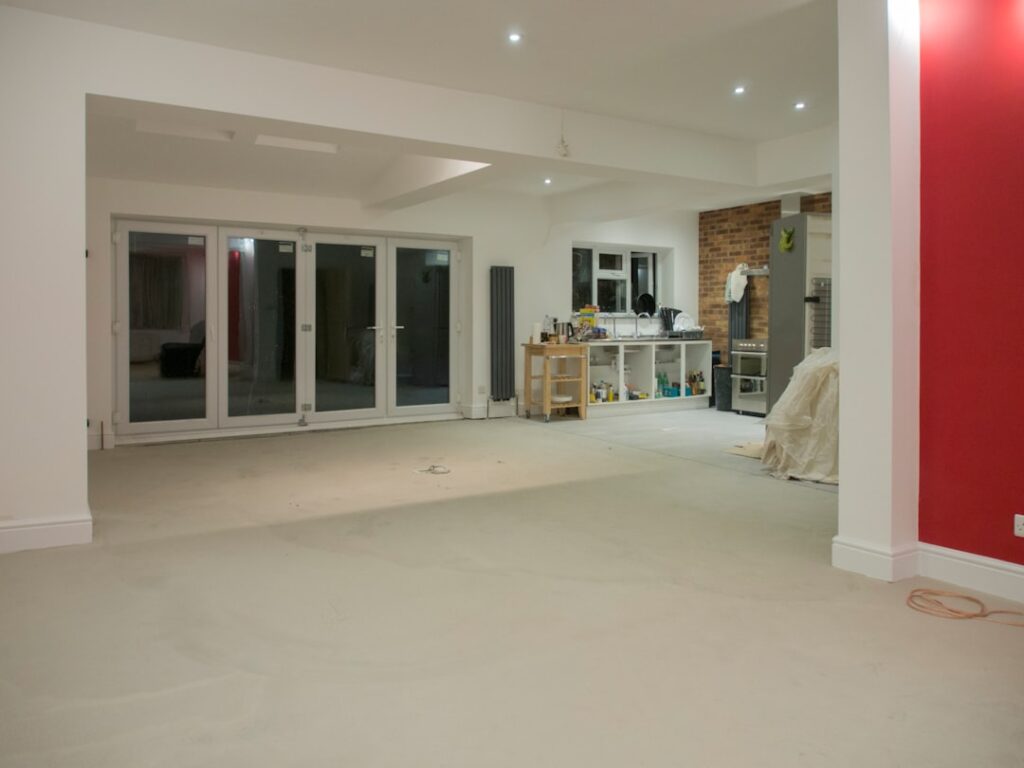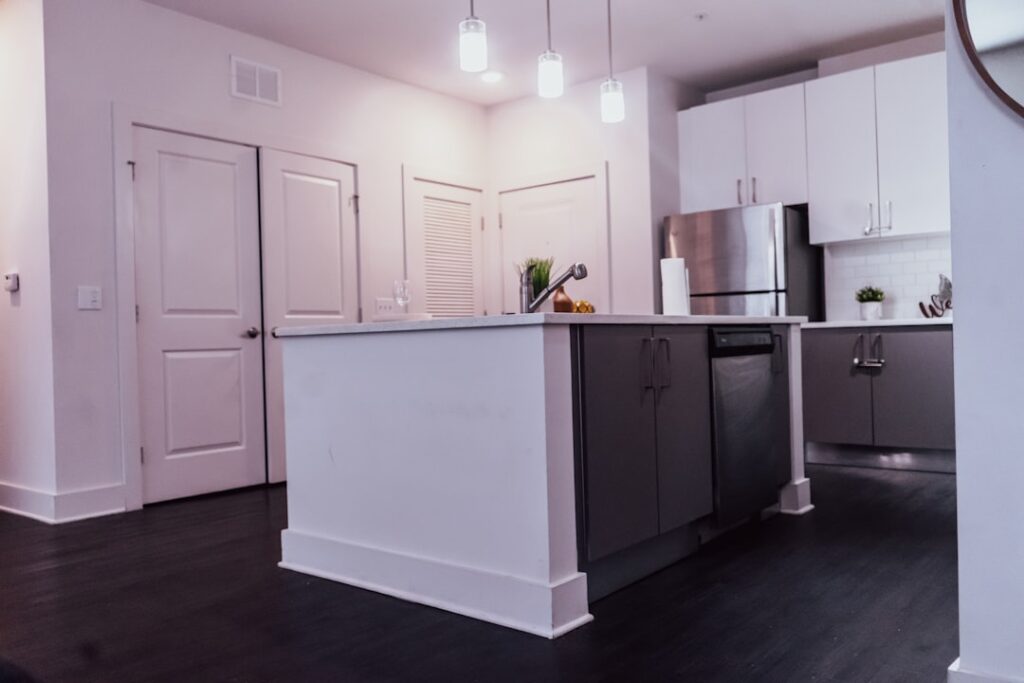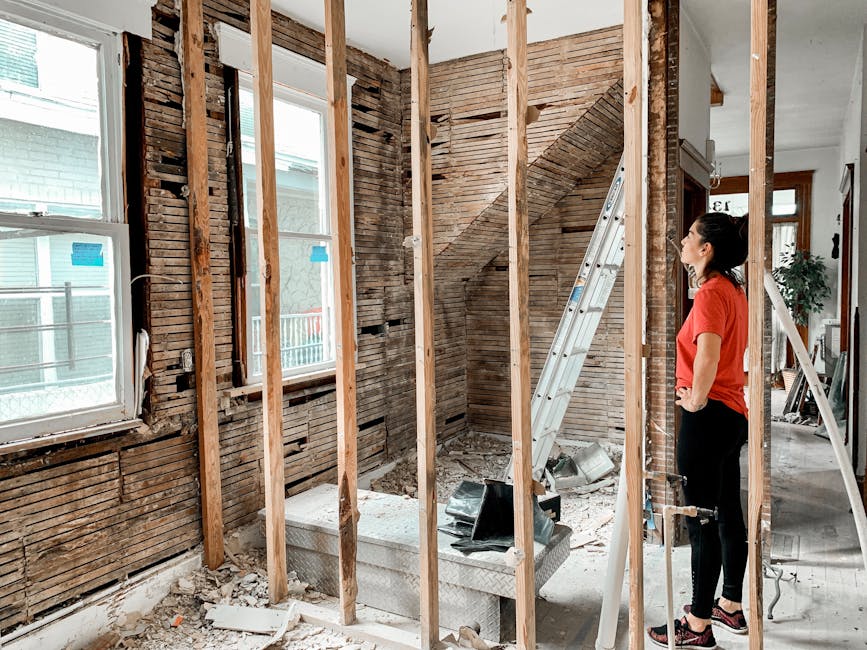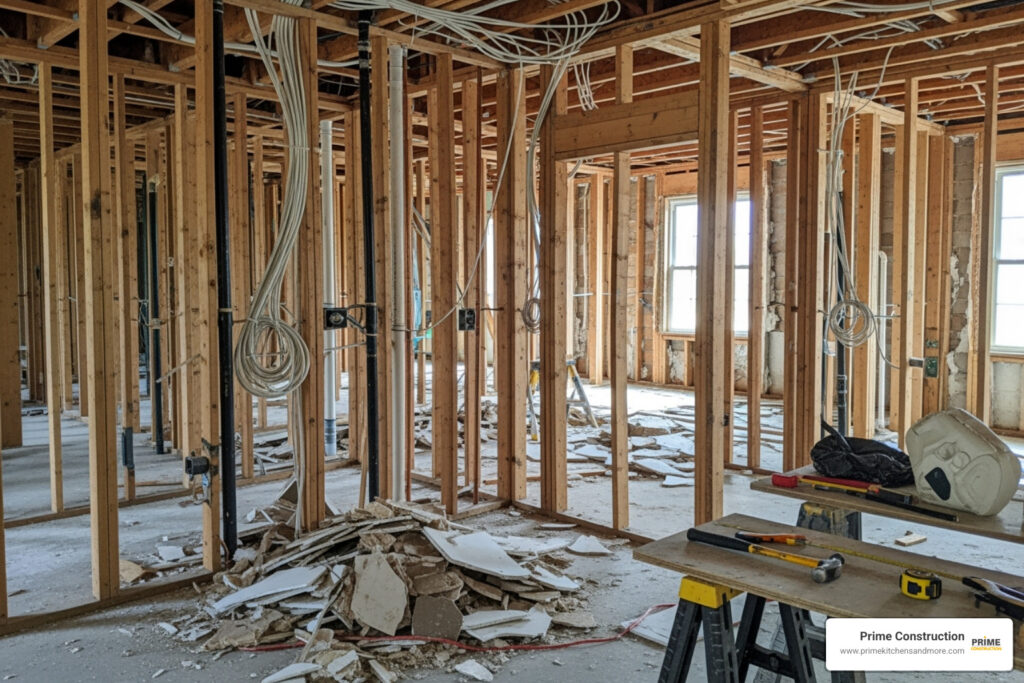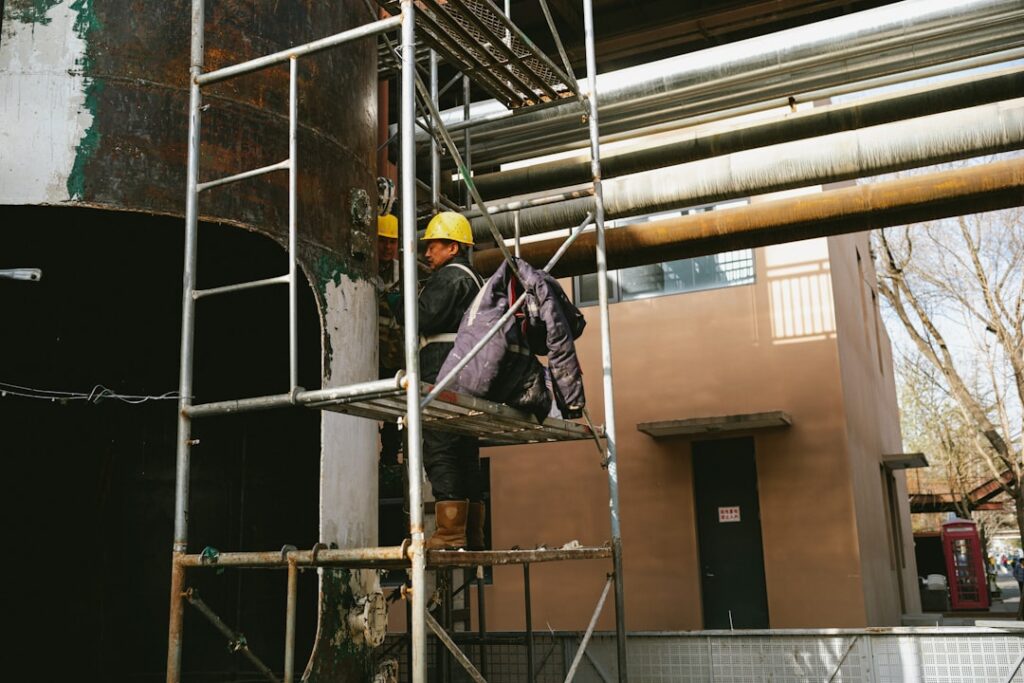When Disaster Strikes: Understanding Your Recovery Options
When property damage hits your home, choosing between arestoration general contractorand separate specialists can mean the difference between a smooth recovery and months of coordination headaches.
Quick Answer for Restoration General Contractor:
- Restoration Specialist: Handles immediate cleanup, water extraction, smoke removal, and damage mitigation
- General Contractor: Focuses on rebuilding, structural repairs, and reconstruction
- Restoration General Contractor: Combines both services under one roof for seamless disaster recovery
The restoration industry serves property owners facing damage from storms, fires, floods, or other disasters. Many leading companies offer everything from emergency response and water extraction to completereconstruction services. This integrated approach has become popular because it eliminates the stress of managing multiple contractors during an already difficult time.
The two main phases of property recovery are:
- Mitigation Phase– Stop further damage through water extraction, board-up services, and emergency stabilization
- Reconstruction Phase– Rebuild and restore your property to its pre-loss condition or better
Companies with decades in business and nationwide operations have built their reputations on handling both phases. This means one team manages your project from the initial emergency call through the final walk-through.
For Orlando homeowners, this matters because Florida’s climate creates unique challenges. Water damage can quickly lead to mold growth, and storm damage often requires both immediate mitigation and extensive rebuilding.

The Critical First 24 Hours: Emergency Response and Mitigation
Imagine waking at 3 AM to rushing water or returning home to find smoke damage. In these moments, every minute that passes can mean thousands of dollars in additional damage.
The first 24 hours after a disaster are critical. This is whenemergency response and mitigationservices can make or break your recovery. A skilledrestoration general contractorknows that rapid action prevents small problems from becoming major headaches.
Water damage is especially unforgiving.Standing water seeps into flooring, climbs up walls, and creates a breeding ground for mold. Within 24-48 hours, a manageable cleanup can become a full-scale remediation project. That’s why the best restoration companies offer24-hour emergency services—you need professionals at your door within hours, not days.
The mitigation phase focuses onstopping further damage: fastwater extraction,structural drying, and urgentsmoke and soot removalafter a fire.
Board-up servicesprotect openings in windows or roofs from weather and theft, whiletemporary shoringstabilizes compromised structures so work can begin safely.
All of this is aboutproperty stabilization—the foundation for every step that follows. It’s as much about preventing new damage as it is about addressing what’s already happened.
This critical first phase sets the stage for successfulHome Restoration. Get it right, and your recovery flows smoothly. Skip steps, and you’ll pay later in hidden damage and costly repairs.
Defining the Roles: Restoration Specialist vs. General Contractor
When your home suffers damage, knowing who to call can be overwhelming. Think of it like a patient needing different doctors for different stages of recovery. Let’s break down what each professional does and when you need them.
| Aspect | Restoration Specialist | General Contractor |
|---|---|---|
| Primary Goal | Mitigation, cleanup, drying, sanitization, damage containment | Reconstruction, rebuilding, renovation, new construction |
| Key Services | Water extraction, mold remediation, smoke/soot removal, biohazard cleanup, structural drying | Framing, electrical, plumbing, roofing, flooring, cabinetry, interior/exterior finishes |
| When to Call | Immediately after a disaster (fire, flood, storm) to prevent further damage | After mitigation is complete, for structural repairs and aesthetic rebuilding |
| Certifications | IICRC (Institute of Inspection Cleaning and Restoration Certification), specialized training for specific damages (e.g., mold, lead abatement) | State licensing, general contractor’s license, construction management certifications |
What is a Restoration Specialist?
A restoration specialist is like your home’s emergency room doctor. They rush in when disaster strikes, focusing ondamage containmentand stopping things from getting worse. Their job isn’t to make your house pretty again – it’s to save what can be saved and prevent further damage.
These professionals have one main goal:mitigation. When a pipe bursts at 2 AM, they’re the ones who show up with industrial pumps and dehumidifiers. They work fast because time matters – every hour of delay can mean thousands more in damage.
Their expertise coverswater damage restorationthat goes far beyond mopping up puddles. They use moisture meters and thermal cameras to find hidden water in walls and floors. Forfire damage cleanup, they tackle the tricky job of removing smoke and soot that can cause lasting damage if not handled properly.
Mold remediationis another specialty area. When moisture lingers, mold follows – and regular cleaning won’t cut it. Restoration specialists contain spores and usespecialized equipmentlike HEPA filters and air scrubbers to clean the air itself.
The toughest jobs involvebiohazard cleanupfrom sewage backups or contaminated water. These situations require special training and equipment to keep everyone safe.Odor removalrounds out their services, using techniques that go deeper than air fresheners to eliminate smells at their source.
What sets them apart is theircleaning and sanitizingapproach. They don’t just clean surfaces – they restore materials to safe, healthy conditions using industrial-grade methods most people have never heard of.
What is a General Contractor?
Once the restoration specialist has stabilized your home, the general contractor steps in as the rebuilding expert. If the restoration specialist saved the patient, the general contractor performs the surgery to make everything work again.
Theirreconstruction focuscovers the big picture of putting your home back together.Structural repairsmight involve replacing damaged beams or fixing foundation issues.Carpentrywork includes everything from framing new walls to installing custom trim work.
Electrical and plumbingrepairs often follow water or fire damage, requiring licensed professionals who understand building codes. Theinterior and exterior finishesphase is where your house starts looking like home again – new drywall, fresh paint, beautiful flooring.
Some projects requirenew constructionwhen damage is too extensive for simple repairs. This is where experience withHome Remodeling Orlando, FLbecomes valuable, turning necessary repairs into opportunities for improvement.
Therebuildingprocess involves coordinating multiple trades – electricians, plumbers, roofers, and painters – to bring everything together on schedule.
The Key Difference: Mitigation vs. Reconstruction
The fundamental difference comes down to timing and purpose.Mitigationhappens first and focuses on damage control.Reconstructioncomes later and focuses on rebuilding.

Initial cleanupinvolves removing water, debris, and contaminated materials. The restoration teammakes the structure safeby addressing immediate hazards like electrical problems or unstable surfaces.
Once that’s complete,rebuilding the propertybegins. This is where general contractors shine, managing the complex process of coordinating different trades and materials.
Here’s where it gets interesting:restoring vs. remodelingrepresents different approaches. Restoration brings things back to how they were. Remodeling makes them better than before. Arestoration general contractorwho handles both phases can seamlessly transition from emergency response to improvement opportunities.
Thesetwo distinct phasestraditionally required hiring separate companies. But as you’ll see in the next section, there’s a better way that eliminates the hassle of managing multiple contractors during an already stressful time.
The All-in-One Solution: The Restoration General Contractor
Picture this: your home just suffered major water damage from a burst pipe. You’re juggling insurance, emergency cleanup, and rebuilding plans. Now imagine ifone phone callhandled everything from start to finish.
That’s what arestoration general contractordelivers. Instead of managing multiple companies and schedules, you get a single team that performs both emergency mitigation and complete reconstruction—like having a family doctor who can also perform surgery. The result is aseamless transition, fewer handoffs, andintegrated project managementfrom day one.
You avoid delays, miscommunication, and finger-pointing, while gainingbetter cost controland faster completion—especially important if you’re displaced. Our expertise inRenovation Project Managementkeeps every phase aligned.
Services Offered by a Restoration General Contractor
A truerestoration general contractorcovers everything your property needs: rapidwater extraction and structural drying,smoke and soot cleaning,odor elimination,mold remediation, andbiohazard cleanup. Then comes reconstruction—full-scale carpentry,complete electrical and plumbing,roofing, andinterior build-out and finishes.
This is also your chance to upgrade. OurKitchen Remodeling Servicescan turn a damaged space into the kitchen you’ve always wanted.
Handling the Insurance Claim Process
Insurance after a disaster can be complex. We work directly withinsurance adjusters, providing thedamage documentationthey expect—photos, moisture readings, and detailed scopes—to helpexpedite claims. As yourclient advocate, we ensuredetailed estimatesreflect all necessary work and serve as thecommunication hubamong you, the insurer, and trades, reducing confusion and stress.

Choosing the Right Professional for Your Project
After experiencing property damage, finding the rightrestoration general contractorfeels overwhelming. You’re dealing with insurance calls, temporary housing, and the stress of seeing your home damaged. The last thing you need is to hire someone who makes things worse.
Vetting contractorsisn’t just smart – it’s essential. We’ve seen too many homeowners rush into decisions and regret it later. Take your time with this choice, even when everything feels urgent.
Start byasking the right questions. How long have they handled projects like yours? What’s their process when unexpected problems pop up? (And trust us, they always do.) How do they communicate with you throughout the project?
Checking referencesgives you real insight into what working with them is like. Don’t just ask for names – actually call those previous clients. Ask about communication, whether they finished on time, and if they’d hire them again.
Reviewing past projectshelps you see their quality firsthand. Any reputable contractor should be proud to show you their work. Look for projects similar to yours – a company great at kitchen remodels might struggle with fire damage restoration.
Local experiencematters more than you might think. Here in Orlando, we understand Florida’s unique challenges – from hurricane damage to our humidity that can turn water damage into mold problems fast. A contractor familiar with local building codes and weather patterns will serve you better than someone from out of state.
What to Look for in a Restoration General Contractor
Finding a qualifiedrestoration general contractormeans checking the right boxes. These aren’t just nice-to-haves – they’re must-haves that protect you and your investment.
State licensingcomes first. Every legitimate contractor should have a valid general contractor’s license for your state. This isn’t bureaucratic red tape – it means they’ve met minimum standards and can legally do the work.
General liability insuranceprotects you if something goes wrong during the project. Accidents happen, even with careful contractors. Without proper insurance, you could be stuck paying for damages or injuries on your property.
IICRC Certificationshows they understand restoration work specifically. This certification covers water damage, fire damage, and mold remediation – specialized skills that regular contractors might not have. You canFind certified professionals at the IICRC.
Check theirreputationwith the Better Business Bureau. You canCheck a business’s rating on the BBBto see how they handle customer complaints and their overall track record.
Years in businesstells you they’ve survived the ups and downs of the industry. While newer companies can be excellent, longevity often indicates stability and experience handling various challenges.
Local reputationwithin your community matters just as much as certifications. Ask neighbors, check local reviews, and see if they’re involved in community organizations.
Always insist onwritten contracts. Everything should be spelled out clearly – scope of work, timeline, payment schedule, and warranties. If a contractor hesitates to put things in writing, that’s a red flag.
The Role of a Restoration General Contractor in Special Projects
Restoration general contractorsoften handle projects that go beyond typical home repairs. These specialized situations require extra expertise and experience.
Building exteriorsandfoundationsneed contractors who understand structural integrity and waterproofing. Underground garages present unique challenges with water intrusion and ventilation that not every contractor can handle properly.
Balcony rehabilitationrequires understanding of safety codes and structural engineering. A balcony failure isn’t just inconvenient – it’s dangerous. The contractor needs to ensure both current safety and long-term durability.
Historic or heritage propertiesdemand special care. These projects requireadhering to regulationswhile preserving the property’s character.Specialized materialsoften cost more and take longer to source, but they’re essential for maintaining authenticity.
The contractor must balanceaesthetic and structural integrity. Your restored property should look beautiful and stand strong for years to come. This expertise extends to areas likeBathroom Remodeling Services, where historical accuracy might be just as important as modern functionality.
These complex projects show why choosing an experiencedrestoration general contractormatters. They bring the depth of knowledge needed to handle whatever challenges your specific situation presents.
Frequently Asked Questions about Restoration Contractors
When disaster strikes your home, you’re suddenly faced with decisions you never thought you’d have to make. We’ve helped countless Orlando families steer these challenging waters, and we hear the same questions time and again. Let’s address the most common concerns that keep homeowners up at night after experiencing property damage.
How long does the property restoration process take?
This is probably the first question on every homeowner’s mind, and honestly, it’s one of the toughest to answer without seeing your specific situation. The timeline can range from a few days for simple water cleanup to several months for major reconstruction projects.
Several key factors influence your timeline:
Theextent of damageis the biggest factor. A small water leak from a washing machine might only need a few days of drying and cleanup. But if you’ve experienced a major fire or flood that requires gutting rooms and rebuilding from the studs, you’re looking at weeks or months.
Required permitscan add significant time to your project. Any major structural work, electrical upgrades, or plumbing changes typically need local approvals. While we handle all the permit paperwork for you, the approval process itself can take anywhere from a few days to several weeks.
Insurance claim processingplays a huge role in timing. Some claims move quickly, while others require additional documentation or adjustments. A goodrestoration general contractorknows how to work with insurance companies to keep things moving, but ultimately, we’re all waiting for their approval to proceed with certain phases of work.
Material availabilitycan sometimes throw a wrench in the timeline. If you’re dealing with specialty items for a historic home or custom finishes for your dream kitchen, sourcing these materials might take extra time. We always try to order materials early to avoid delays.
The good news? Themitigation phase– stopping further damage, drying everything out, and making your home safe – usually happens quickly, within days to a week. It’s the reconstruction phase that takes the most time, but that’s when the magic happens and your home comes back to life.
Can I stay in my home during the restoration?
This question hits close to home because we know how important your sense of normalcy is during an already stressful time. The answer really depends on what we’re dealing with and how extensive the work needs to be.
For minor issues, you can often stay put. If we’re working on a single bathroom or a contained area where utilities aren’t affected, there’s usually no reason you can’t sleep in your own bed. We’ll work around your schedule and make sure you have access to the essentials.
For major damage, staying home simply isn’t safe or practical. When we’re dealing with extensive water damage, fire damage with smoke and soot contamination, or mold issues, the health risks are real. Raw sewage situations are particularly dangerous and require immediate evacuation until we can properly clean and sanitize everything.
Structural work also means you’ll need to find temporary housing. When we’re tearing down walls, rewiring electrical systems, or doing major plumbing work, the home becomes a construction zone that’s not suitable for living.
We’ll always be honest with you about safety. If staying means putting your family at risk, we’ll help you understand why temporary relocation is necessary and work to minimize that time as much as possible.
Why can’t I just hire a regular general contractor after a fire?
This is a great question that really gets to the heart of whyrestoration general contractorsexist as a specialty. While regular general contractors are fantastic for remodeling projects and new construction, disaster recovery requires a completely different skill set and equipment.
The cleanup phase is criticaland can’t be skipped or done improperly. Soot and smoke damage goes far beyond what you can see. It penetrates into porous materials, leaves behind odors, and can cause health problems if not properly addressed. A regular contractor might not have the specialized training to identify all the affected areas or the industrial equipment needed for proper cleanup.
Water damage is particularly tricky. It’s not just about drying what you can see – moisture hides in wall cavities, under flooring, and in other hard-to-reach places. Without proper moisture detection equipment and commercial-grade drying systems, you could end up with mold growth months later that costs far more to fix than doing it right the first time.
Health hazardsare another major concern. Fire scenes contain potentially dangerous particles and chemicals. Water damage can introduce bacteria and other contaminants. Proper containment, safety protocols, and specialized cleaning methods are essential to protect your family’s health.
Insurance expertisematters too. Disaster restoration involves complex insurance claims with specific documentation requirements and protocols. We speak the insurance company’s language and know how to present information in a way that gets claims approved quickly.
The bottom line? A restoration specialist addresses all these critical first steps, ensuring your home is truly clean, dry, and safe before any rebuilding begins. It’s about protecting your investment and your family’s health for years to come.
From Disaster to Dream Home: The Final Step
When disaster strikes your home, it can feel like your world has been turned upside down. But here’s something we’ve learned after helping countless families through this journey –every disaster can become an opportunity for something better.
The path from damage to dream home has two essential phases. First comesmitigation– the critical work of stopping further damage, extracting water, removing smoke and soot, and making your home safe again. This phase isn’t glamorous, but it’s absolutely vital. Without proper mitigation by a qualifiedrestoration general contractor, any beautiful renovation work that follows could be compromised by hidden moisture, lingering odors, or structural issues.
Then comes the exciting part:the reconstruction phase. This is where the magic happens. It’s not just about putting things back the way they were – it’s your chance to create the home you’ve always wanted.
Think about it this way: if your kitchen was damaged in a flood, why not upgrade to that dream kitchen you’ve been Pinterest-ing for years? If fire damage affected your bathroom, this could be the perfect time to create a spa-like retreat. What started as a crisis can become the catalyst for the home improvement project you never quite got around to starting.
For homeowners throughout Orlando and Central Florida, this is where Prime Kitchens And More steps in. Once your property is properly stabilized and ready for rebuilding, our team takes over with 15 years of experience in turning damaged spaces into dream homes. We specialize infull house remodeling, with particular expertise in kitchen and bathroom design, using premium materials and personalized service to ensure results that exceed your expectations.
We understand that going through property damage is stressful enough. That’s why we make the reconstruction process as smooth as possible, working closely with your insurance company and keeping you informed every step of the way. Our goal is to not just restore your home, but to make it better than it ever was before.
Whether you’re searching for aHome Improvement Contractor Near Meor need comprehensive rebuilding services, we’re here to help transform your disaster into your dream home. For expertreconstruction servicesthat bring your home back to life – and then some – contact us today.
While no one wants to experience property damage, it doesn’t have to be just about getting back to where you started. With the right team, it can be about moving forward to something even better.
